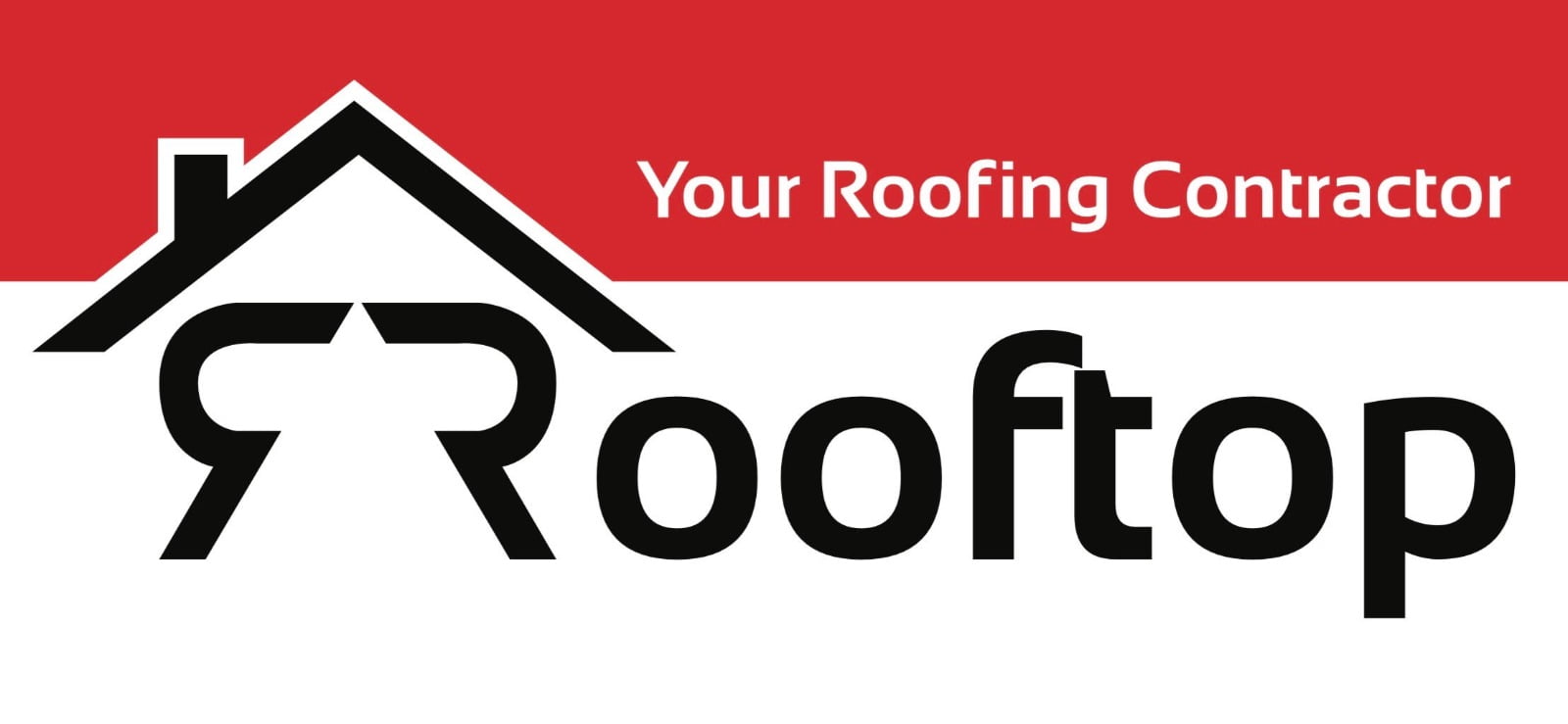How to Choose the Right Roofing Contractor
Choosing the right roofing contractor is a crucial decision for any homeowner. Your roof is one of the most important components of your home, protecting you and your belongings from the elements. Hiring an unqualified or unreliable contractor can lead to poor workmanship, costly repairs, and even safety hazards.
With so many roofing contractors available, it can be challenging to determine which one is the best fit for your project. This blog aims to simplify the process by providing you with key questions to ask potential contractors. By asking the right questions, you can ensure that you hire a skilled, trustworthy professional who will complete your roofing project to the highest standards. Let’s dive into the essential questions that will help you make an informed decision and secure a successful roofing project.
Are You Licensed and Insured?
When selecting a roofing contractor, one of the first questions you should ask is whether they are licensed and insured. Licensing ensures that the contractor has met the necessary requirements and standards set by local authorities, proving their competency and legitimacy in the field. An insured contractor provides protection for both you and their workers.
There are two primary types of insurance to inquire about: liability insurance and worker’s compensation. Liability insurance covers any damage to your property caused by the contractor during the job. Worker’s compensation protects you from being held responsible if a worker is injured while working on your roof. Ensuring your contractor has both types of insurance will give you peace of mind, knowing that you are protected from potential legal and financial issues. Always ask for proof of licensing and insurance before hiring a contractor.
What Experience Do You Have with My Type of Roof?
Experience is a critical factor when choosing a roofing contractor, particularly their familiarity with the specific type of roof you have. Different roofing materials and styles require unique skills and knowledge. For instance, installing asphalt shingles is different from working with metal roofing, tile, or flat roofs.
When interviewing potential contractors, ask about their experience with your particular roofing material and style. Request examples of previous projects similar to yours, and consider asking for photos or a portfolio of their work. This will give you a sense of their expertise and ability to handle your roofing needs.
Additionally, inquire about any specialized training or certifications they may have for working with specific materials. A contractor with a proven track record and relevant experience will be better equipped to address any challenges that arise during the project, ensuring a high-quality and long-lasting result for your roof.
Can You Provide References from Previous Clients?
Obtaining references from previous clients is an invaluable step in selecting the right roofing contractor. References allow you to gain insight into the contractor’s workmanship, reliability, and customer service. A reputable contractor should have no hesitation in providing a list of satisfied clients who can vouch for their work.
When speaking with references, ask about their overall experience with the contractor. Key questions might include:
- Was the project completed on time and within budget?
- How did the contractor handle any unexpected issues or changes?
- Was the work site kept clean and safe throughout the project?
- How satisfied are they with the quality of the completed roof?
Additionally, consider checking online reviews and ratings on platforms like Google, Yelp, or the Better Business Bureau. These reviews can offer a broader perspective on the contractor’s reputation and reliability. By thoroughly vetting references, you can make a more informed decision and increase your confidence in the contractor’s ability to deliver a successful roofing project.
What is Your Project Timeline?
Understanding the project timeline is crucial when selecting a roofing contractor. You need to know when the contractor can start your project, how long it will take, and what factors might affect the schedule. A clear timeline helps you plan and manage expectations, ensuring that the roofing work fits within your overall schedule.
When discussing the timeline with potential contractors, ask for a detailed schedule that includes key milestones and completion dates. Inquire about any potential delays that could occur, such as weather conditions, material shortages, or unforeseen structural issues. It’s important to know how the contractor plans to handle these delays and communicate them to you.
Additionally, ask about the contractor’s current workload and how your project fits into their schedule. A contractor who is juggling multiple projects simultaneously might not be able to give your roof the attention it needs. A clear, realistic timeline demonstrates the contractor’s professionalism and commitment to completing your project efficiently and effectively.
Do You Offer a Warranty on Your Work?
A warranty is a crucial aspect of any roofing project, providing you with assurance and protection against future issues. When choosing a roofing contractor, it’s important to understand the types of warranties they offer and what they cover. There are typically two types of warranties to consider: workmanship warranties and manufacturer’s warranties.
Workmanship warranties cover the contractor’s labor and installation work. This type of warranty ensures that if any issues arise due to improper installation or workmanship errors, the contractor will address and fix the problem at no additional cost to you. The length and terms of workmanship warranties can vary, so be sure to ask for specific details.
Manufacturer’s warranties, on the other hand, cover the roofing materials themselves. These warranties protect you against defects in the materials used for your roof. It’s important to understand the duration and coverage details of the manufacturer’s warranty and to ensure that the contractor uses materials from reputable manufacturers that offer strong warranties.
When discussing warranties with potential contractors, ask for written documentation detailing the terms and conditions. A contractor who stands behind their work and offers comprehensive warranties demonstrates confidence in their quality and commitment to customer satisfaction.
Can You Provide a Written Estimate?
Obtaining a written estimate is a vital step in choosing the right roofing contractor. A detailed estimate provides transparency and helps you understand the cost structure of your roofing project. It also serves as a reference point to ensure that there are no unexpected expenses or misunderstandings down the line.
When asking for a written estimate, ensure it includes the following details:
- Material Costs: A breakdown of the materials required, including the type, quality, and quantity.
- Labor Costs: The total cost for labor, including any subcontractors if applicable.
- Timeline: An estimated start and completion date for the project.
- Additional Costs: Any other potential expenses, such as permits, cleanup, or disposal fees.
- Payment Schedule: A clear outline of the payment terms, including deposit amounts and due dates for progress payments.
A comprehensive written estimate not only helps you compare different contractors but also protects you from potential price hikes or hidden fees. It is a sign of a professional contractor who values transparency and is committed to delivering quality service. Be wary of contractors who are unwilling to provide a written estimate, as this could indicate a lack of professionalism or reliability.
How Do You Handle Unforeseen Issues or Additional Costs?
Unforeseen issues can arise during any roofing project, such as hidden damage, structural problems, or unexpected weather conditions. It’s essential to understand how a contractor handles these situations and manages additional costs. This transparency will help you avoid surprises and ensure the project stays on track.
When discussing this with potential contractors, ask the following:
- Communication Process: How will they notify you of any unexpected issues? Will they discuss options and obtain your approval before proceeding with additional work?
- Cost Management: How do they estimate and manage additional costs? Will they provide a revised written estimate for any extra work needed?
- Problem-Solving Approach: How do they handle common roofing problems, such as rot, mold, or structural damage? Do they have contingency plans in place for delays caused by weather or supply chain disruptions?
A professional contractor should have a clear and proactive approach to handling unforeseen issues. They should be able to explain their process for assessing problems, communicating with you, and managing additional expenses transparently. This ensures that you are kept informed and that the project remains within your budget and timeline, even when challenges arise.
Conclusion
Choosing the right roofing contractor is a critical decision that can significantly impact the quality, durability, and overall success of your roofing project. By asking the right questions, you can ensure that you select a skilled, reliable, and trustworthy professional.
From verifying licensing and insurance to understanding the contractor’s experience with your specific roof type, each step in this process helps you gather essential information. Obtaining references, understanding the project timeline, and knowing the details of warranties provide further assurance of the contractor’s capabilities and commitment to customer satisfaction. A detailed written estimate and clarity on handling unforeseen issues and additional costs complete the picture, giving you the confidence to move forward with your roofing project.
Take the time to research, ask questions, and carefully evaluate potential contractors. This due diligence will not only help you avoid costly mistakes but also ensure that your roof is installed or repaired to the highest standards, providing lasting protection and peace of mind for your home.


